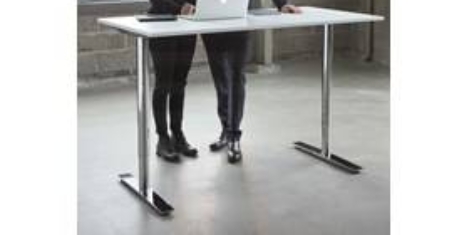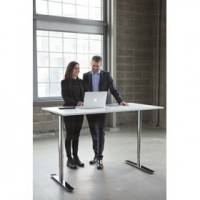May 27, 2015
Majority of employers want to promote mental wellbeing in the workplace
 Eighty-four percent of employers believe they have a responsibility to provide a work environment that promotes mental well-being, according to a new Buck Consultants at Xerox survey report “Promoting Mental Well-being: Addressing Worker Stress and Psychosocial Risks,” released last week at the Global Centre for Healthy Workplaces Annual Summit in Brazil. The Global Survey on Health Promotion and Workplace Wellness Strategies – with a strong focus on companies in the United States, United Kingdom, Brazil and Singapore – found that more than one-third of employers rate the stress level within their organization as “high or very high.” However, over two-thirds of employers offer flexible work schedules, and more than half offer telecommuting to mitigate work-related stress, while more than half of employers rate their organization as very or extremely supportive of the mental well-being of their employees.
Eighty-four percent of employers believe they have a responsibility to provide a work environment that promotes mental well-being, according to a new Buck Consultants at Xerox survey report “Promoting Mental Well-being: Addressing Worker Stress and Psychosocial Risks,” released last week at the Global Centre for Healthy Workplaces Annual Summit in Brazil. The Global Survey on Health Promotion and Workplace Wellness Strategies – with a strong focus on companies in the United States, United Kingdom, Brazil and Singapore – found that more than one-third of employers rate the stress level within their organization as “high or very high.” However, over two-thirds of employers offer flexible work schedules, and more than half offer telecommuting to mitigate work-related stress, while more than half of employers rate their organization as very or extremely supportive of the mental well-being of their employees.



































May 25, 2015
Clerkenwell Design Week explores the links between design and the individual
by Mark Eltringham • Comment, Events, Flooring, Furniture, Workplace design
For a show with such an international perspective there are many aspects of Clerkenwell Design Week that mark it out as a typically British event. There’s the weather, of course, which can vary from day to day between drizzle and bright sunshine, marking the difference between visitors dodging showers and huddling in showrooms or spilling out onto the pavements to drink beer and talk turkey. Then there’s the very idea of Clerkenwell itself, a district in East London historically associated with the arts and crafts movements, dodgy dealings, immigrant artisans and labourers and the sort of denuded former glories that those with the right mindset like to appropriate and reinvent. London may exist as a City State within the UK, but it also provides the beating heart for many nationwide industries. For the UK office interiors industry that heart can be found in Clerkenwell.
(more…)